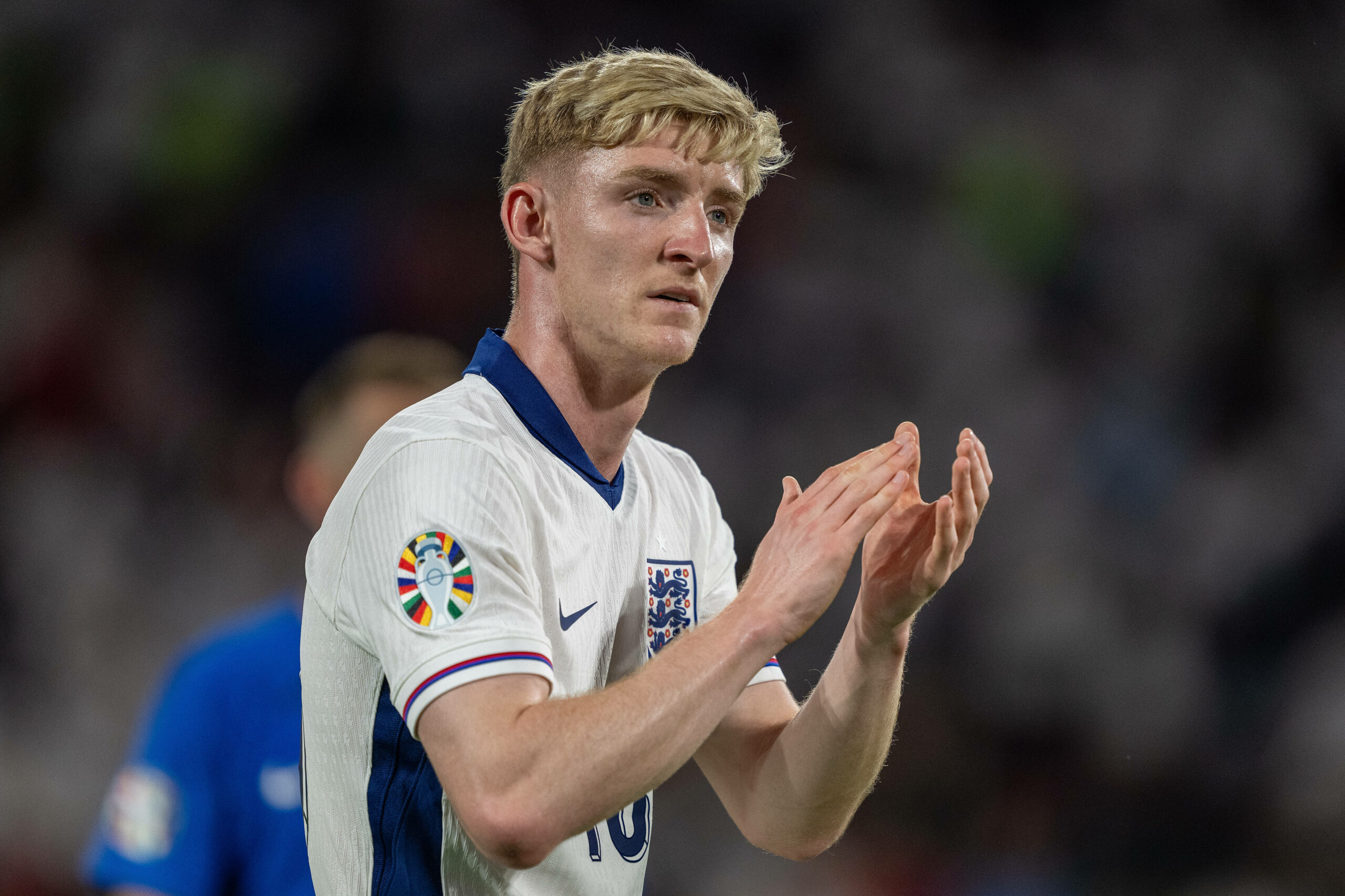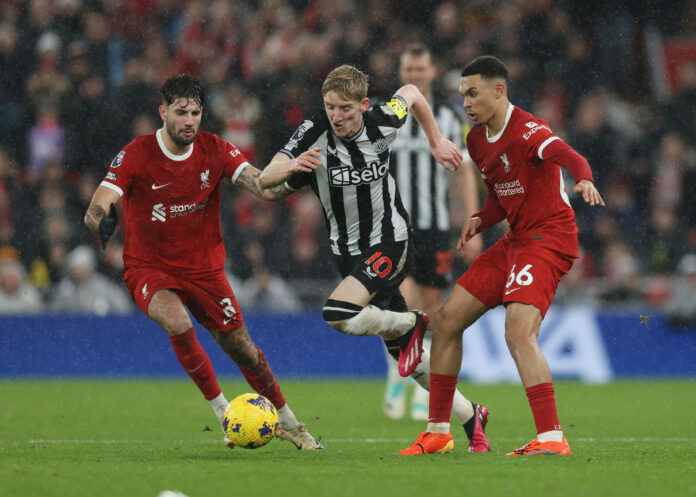Liverpool’s Transfer Tactics: A Closer Look at Anthony Gordon’s Situation
As the transfer window heats up, every potential move seems to ripple through the football community, sparking debates and discussions about strategy, player fit, and financial sense. Recently, Dave Davis from Anfield Index’s Transfer Show shed some light on Liverpool’s interest in Anthony Gordon. His insights offer a unique glimpse into the complexities of football transfers that are worth exploring.
Opportunistic Moves by Liverpool
Dave Davis’s comments underscore a fascinating aspect of Liverpool’s approach in the transfer market. Speaking on Anthony Gordon’s potential move to Liverpool, Davis remarked, “The Genie is out of the bottle, Anthony Gordon wants to move to Liverpool.” This statement not only highlights the player’s desire to join the Reds but also the visibility of this transfer saga.
Davis further noted, “All of the information we’re getting says that this was never a priority signing, but it was an opportunistic signing that Liverpool were presented with.” This approach is indicative of Liverpool’s strategy under the current management — they are always on the lookout for opportunities that may arise, even if the player wasn’t originally a top target.

Opportunistic signings can be particularly advantageous. They allow clubs to exploit unique market situations, such as a player’s contract issues or a selling club’s financial needs, which can lead to acquiring talent at below-market values. This method, while sometimes seen as lacking direction, can also be viewed as agile and adaptive — traits necessary in the modern football economy.
Evaluating Fit and Need
While Anthony Gordon’s talent is not in question, Davis pointed out a significant detail about his potential role at Liverpool: “It’s not a priority at the moment as that left-wing spot is not a priority, however, Liverpool like the player and the contract situation is a little bit uncertain.” This introduces a complex layer to the transfer — the balance between the player’s desire, his fit within the squad, and the strategic needs of the club.
Liverpool’s interest in Gordon seems more about seizing a good opportunity rather than filling an immediate need. The left-wing position, currently not a priority for the club, suggests that Gordon’s acquisition would be more about depth and future planning. This can be a smart move, as building squad depth is crucial for enduring the long and demanding seasons, especially with multiple competitions in play.
Future Prospects and Uncertainties
Despite the apparent lack of urgency in making this signing, Liverpool’s continued interest, as Davis confirms, “Liverpool are still interested in this player,” indicates that there could be more developments on this front. The uncertain contract situation of Gordon could prompt Liverpool to push for a deal, anticipating potential benefits.
Strategic Insights in Transfers
Liverpool’s case with Anthony Gordon illustrates broader trends in football management. Clubs must continuously assess not just the abilities of a player but also their situational context — contract details, personal ambitions, and market dynamics. The art of a successful transfer lies in aligning these factors with the club’s long-term vision and immediate needs.
In conclusion, while the transfer of Anthony Gordon to Liverpool may not be essential for the club’s immediate tactical needs, it reflects a broader strategic approach that prioritises flexibility and opportunism in the market. As the situation unfolds, it will be interesting to see how Liverpool navigates this potential addition and how it aligns with their broader objectives for the season and beyond.
In dissecting these transfer intricacies, we gain a richer understanding of the subtle yet impactful decisions that shape the destinies of both players and clubs in the competitive world of football.



